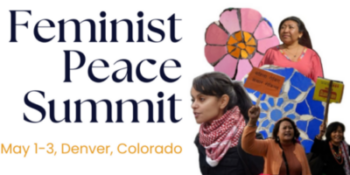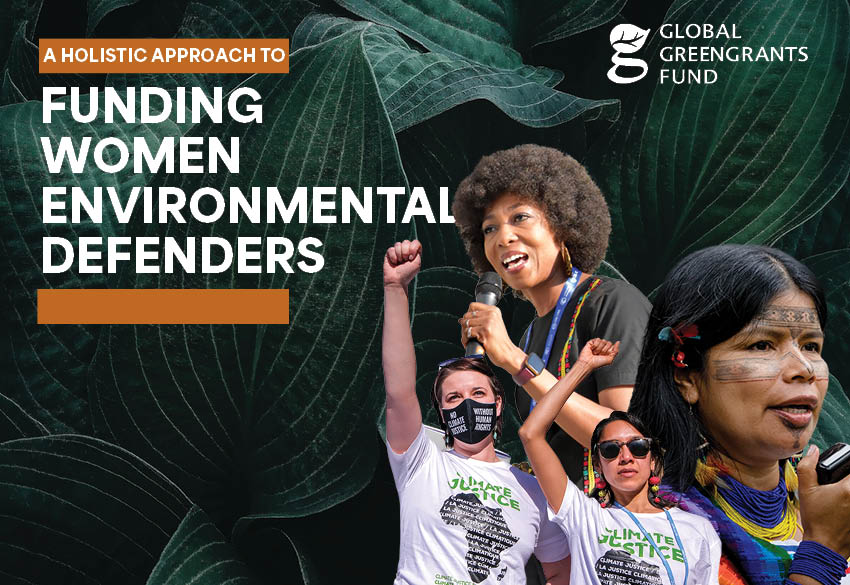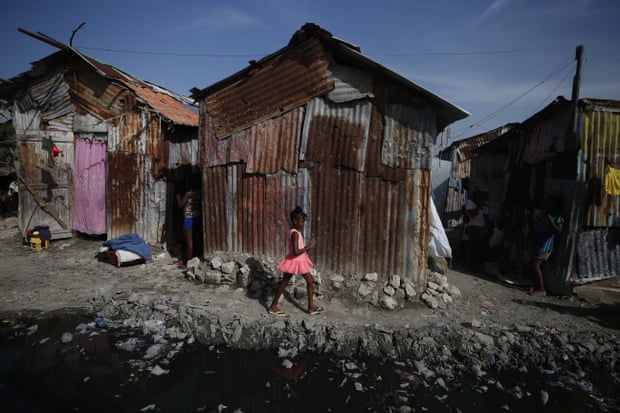
New Online Feminist Healing Space Launched
May 5, 2024
Spotlighting Indigenous Technology
May 10, 2024From May 1 until May 3, 2024, Women Cross DMZ and MADRE, two Channel grantee partners, co-hosted the inaugural Feminist Peace Summit at the University of Denver. The event was held in collaboration with Feminist Peace Initiative and the The Inclusive Global Leadership Initiative at the Sié Center for International Security and Diplomacy.
The summit gathered over 200 policymakers, activists, academics, philanthropists, and allies “committed to transforming U.S. foreign policy by advancing feminist, anti-militarist, and internationalist values of care, peace, and cooperation.” The three-day event consisted of 4 plenaries and 17 breakout groups focused on various topics including anti-militarist grassroots organization and climate and militarism.
The three main themes of the summit were challenging U.S. militarism, grounding feminist foreign policy in grassroots movements, and bridging the divide between domestic and foreign policy. Additionally, the summit sought to advance a Feminist Peace Agenda within U.S. foreign policy.
The participation and knowledge of people of color, Indigenous Peoples and diasporic communities was greatly emphasized at the summit. Christine Ahn, Executive Director of Women Cross DMZ , states that transforming US foreign policy requires “adopting feminist principles and centering diasporic voices whose communities have been most impacted by U.S. forever wars.” The summit invited over a dozen speakers to represent these voices. Some of these include Linda Burnham (Project 2050), Kitzia Esteva (Grassroots Global Justice Alliance), Sara Haghdoosti (Win Without War), Lara Kiswani (Arab Resource and Organizing Center), Marie Berry (University of Denver), and Janene Yazzie (NDN Collective).
Diana Duarte, Director of Policy and Strategic Engagement for MADRE commented on the summit, stating that it was “an opportunity for feminist peace activists, scholars, and human rights advocates to exchange insights from their work addressing the most complex, protracted crises in the world and to strategize transformative ways forward.”




